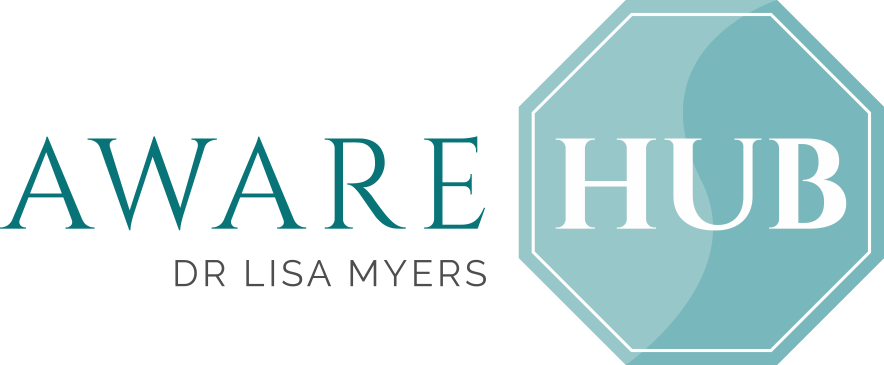Transcranial Magnetic Stimulation (TMS)
What is TMS?
TMS is an effective treatment that has been used for approximately thirty years to treat a range of mental health and neurological conditions.
TMS is a simple, non-invasive procedure that uses a magnetic field to either stimulate or inhibit neurons in particular areas of the brain to improve symptoms of depression, anxiety, OCD and other presentations.
TMS can also be used to treat chronic pain, neuropathic pain, migraines, peripheral pain (e.g. lower back and pelvic pain), post- traumatic stress disorder (PTSD), tinnitus, substance abuse or dependence and autism spectrum disorder (ASD).
TMS is typically used when other treatments haven’t been effective or if medications are not tolerated due to unwanted side effects. Many clients prefer a non-medication approach to manage their mental health.
TMS is very effective and has a faster onset of action than medication. Clinical data demonstrates that 3 out of 4 clients with depression respond favourably to TMS.
TMS has fewer side effects than many medications. It does not cause ‘personality changes’ or cognitive side effects. Clients remain alert throughout the duration of the treatment and can immediately return to their daily tasks.
WHAT OUR CLIENTS SAY ABOUT TMS
Our TreatING TeaM
Our team of experienced healthcare professionals are dedicated to providing the highest quality care. The safety and efficacy of TMS for treating depression has been established in several well-controlled research studies, including a study sponsored by the National Institute of Mental Health. Since 2008 over 20,000 patients have undergone TMS treatment. There are over 30 studies demonstrating the efficacy of TMS as treatment for depression in adults.
Fees
Please contact tms@awarehub.com.au for TMS fees and rebates. A Medicare subsidy applies under certain conditions. Please contact us for further information.
Mental Health conditions we treat
- Psychiatry: depression, post-traumatic stress disorder, schizophrenia, obsessive-compulsive disorder, addiction, anxiety disorders.
- Neurology: motor stroke rehabilitation, spasticity, pain, migraine, Parkinson’s disease, tinnitus, dystonia, essential tremor, Tourette’s syndrome, amyotrophic lateral sclerosis, multiple sclerosis, epilepsy, Alzheimer’s disease.
- Paediatrics: autism spectrum disorders, functional neurological disorders, Tourette’s syndrome, attention deficit hyperactivity disorder, mental retardation (including speech delay), depression

